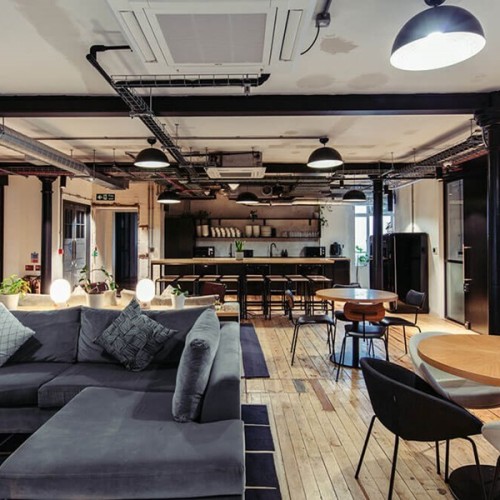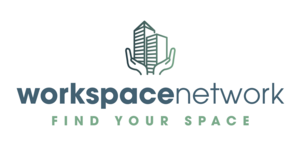
posted 26th April 2024
As the dynamics of the modern workplace continue to evolve, so too do the options available when it comes to choosing a workspace. Traditional office leases have long been the go-to choice for businesses, providing stability and a sense of permanence. However, in recent years, flexible office spaces have emerged as a compelling alternative, offering greater agility, versatility, and cost-effectiveness. In this blog, we'll explore the differences between traditional office leases and flexible office spaces, highlighting the advantages of the latter in today's fast-paced business environment.
Flexibility and Adaptability
One of the primary advantages of flexible office spaces lies in their flexibility and adaptability. Unlike traditional office leases, which typically entail long-term commitments and fixed layouts, flexible office spaces offer businesses the freedom to scale up or down according to their evolving needs. With flexible lease terms and customizable workspace options, businesses can easily adjust their office footprint, accommodating changes in team size, workflow dynamics, and business objectives.
Cost Efficiency
Flexible office spaces also offer significant cost advantages compared to traditional office leases. With traditional leases, businesses are often required to commit to lengthy contracts and bear the burden of overhead expenses such as rent, utilities, maintenance, and furnishings. In contrast, some flexible office spaces operate on a pay-as-you-go model, allowing businesses to pay only for the space and services they use. This cost-effective approach can result in substantial savings, particularly for startups and small businesses with limited budgets.
Amenities and Services
Another key benefit of flexible office spaces is the range of amenities and services they offer. In addition to providing fully furnished workspaces, flexible office providers often include a host of amenities such as high-speed internet, printing and copying facilities, meeting rooms, communal areas, and kitchen facilities. Additionally, many flexible office spaces offer on-site staff to handle administrative tasks, IT support, and cleaning services, freeing up valuable time and resources for businesses to focus on their core activities.
Collaboration and Community
Flexible office spaces foster a culture of collaboration and community, providing opportunities for networking, knowledge sharing, and collaboration among like-minded professionals. With a diverse mix of tenants from various industries and backgrounds, flexible office spaces create a dynamic and vibrant work environment where ideas can flourish, partnerships can form, and innovation can thrive. By fostering a sense of belonging and camaraderie, flexible office spaces promote employee engagement, satisfaction, and retention.
Conclusion
While traditional office leases have long been the norm, the rise of flexible office spaces has revolutionised the way we think about workspaces. With their emphasis on flexibility, cost efficiency, amenities, and community, flexible office spaces offer businesses a compelling alternative to traditional leases. Whether you're a startup looking for a flexible workspace solution, a growing business seeking scalability, or an established company embracing the benefits of agility and collaboration, flexible office spaces provide the ideal environment to thrive in today's dynamic business landscape.
So, if you're ready to embrace the future of work, consider making the switch to flexible office spaces. With their numerous advantages and unparalleled flexibility, flexible office spaces are poised to redefine the way we work, innovate, and succeed.
If you would like any information or indeed are looking for your perfect flexible office space please do get in touch.



